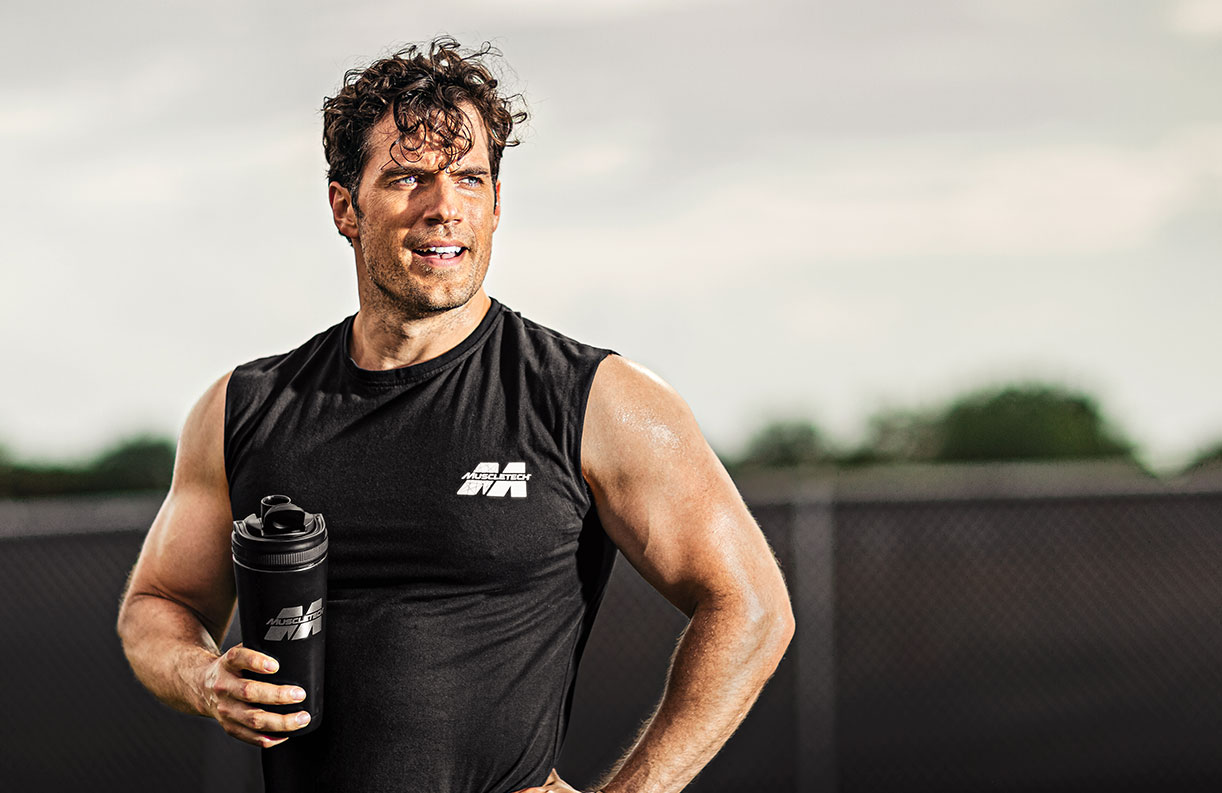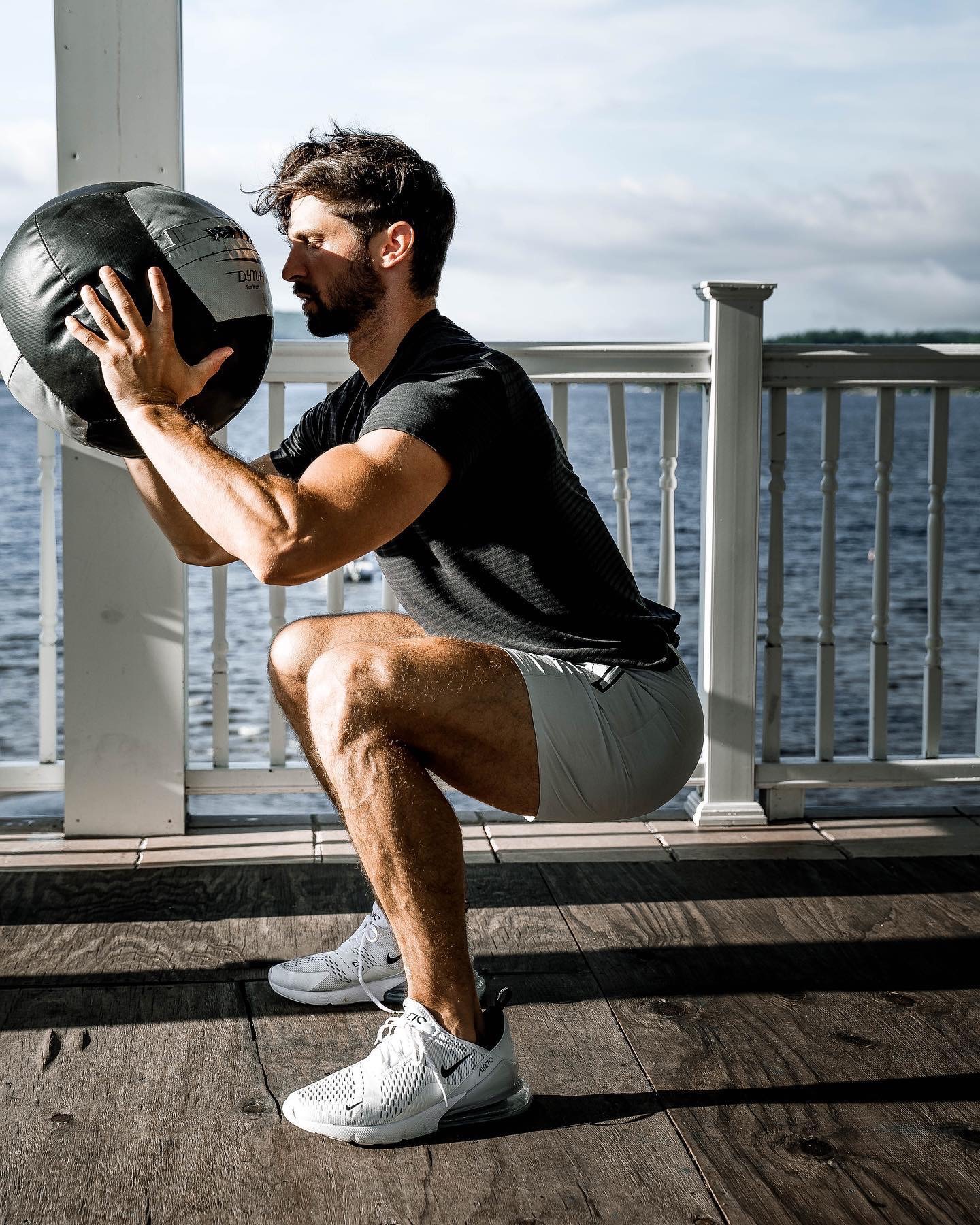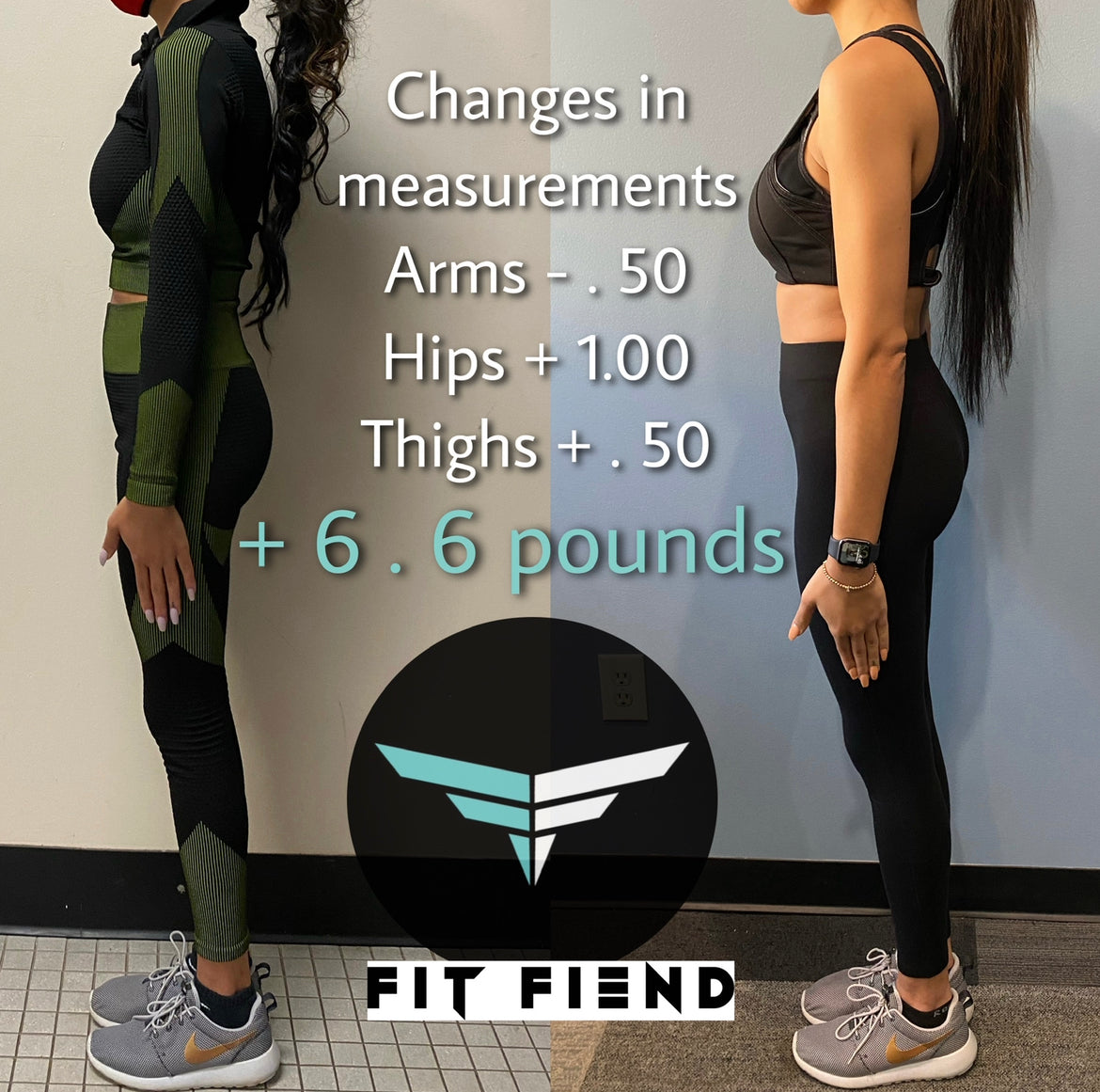
There are many things you need to take into consideration when looking for a Georgia personal-trainer salary. Among those factors are the expected growth, location and Certification requirements. Below you will find the average salary and expected growth for this position. It is important that you know that the average salary for this role is not the same as the one in your city.
Average salary
In Georgia, salaries for Personal Trainers range from $18,319 to $101,573. The median salary for Personal Trainers is $51,879 per annum. These salaries include an average of 22% federal tax and 6% state income taxes. This means that a personal trainer working in Atlanta, Georgia could expect to take home $42,310 in a year, or $1,763 per paycheck.
There are many factors that can influence the salaries for a Personal Trainee, such as location, sales commission, and experience. These numbers are not intended to be a guideline for what a Personal Trainee can expect. They may work at gyms or fitness centers.

Certifications are required
Georgia has no state certification for personal trainers. However, they are required to have some education. Employers are looking for graduates of high school or GED holders who have at least some college education. They may also require certifications in first aid and CPR. While not required, a post-secondary degree can provide an individual with valuable background knowledge and allow them to get started sooner. To get more knowledge and experience, individuals without certifications will need to train with an experienced personal instructor.
A certificate program in personal coaching is offered by the University of Georgia's Griffin Campus. The World Instructor Training School presents the program. The program includes a 30-hour internship, and eight weeks of coursework. The coursework includes classroom instruction, practical training, as well as a national certification test. It covers a broad range of topics, including exercise physiology, fitness testing, and biomechanics.
Locations
Georgia's personal trainer career is expanding faster than other states. According to the labor division, there should be a 24.7 % increase in employment from 2008 to 2018. This should create around 70 new jobs each year. Savannah is the number one city in terms of location. Sandy Springs, Alpharetta, and Sandy Springs are other top cities.
Georgia is diverse. It's not the most financially successful state, but it does have great healthcare and business freedom. It is also the 26th fittest state in the country. The city's large population offers many opportunities to train personal trainers.

Expected growth
The average personal trainer in Georgia makes 4.2% more than that of the national average. Long-term employees can expect to earn 3.8% higher. According to Georgia labor department, there will be a 24.7% increase in personal trainer jobs between 2008 and 2018. An average personal trainer's annual salary in Georgia is $38,000. The majority of Georgia's personal trainers have a bachelor's degree.
Georgia has an extremely high obesity rate. More than 65% Georgia adults are overweight or obese. This is why personal trainers in Georgia are needed to promote good health and healthy eating habits. Their job will require them to work with a variety of individuals, including elderly people and young children. Some of these individuals may require special exercises for joint problems.
FAQ
What is the importance and benefits of good nutrition for your health?
Nutrition is important for our health and well-being. Healthy diets include whole grains, fruits and vegetables as well as lean protein and dairy. Being active and eating healthy foods can help us be more fit, which results in better overall health.
Do I gain weight from exercising?
Not at all. Actually, exercising can help you to maintain your current weight. When you work out regularly, you'll build muscles and increase your metabolism, helping you burn more calories throughout the day. This means your body won’t store as much weight.
Can exercise help me lose weight?
Yes. Regular exercise is a great way to lose weight. Exercising can increase your metabolism so that you can burn calories even when you're not working out.
Statistics
- Adolescent girls were less active than adolescent boys, with 85% vs. 78% not meeting WHO recommendations of at least 60 minutes of moderate to vigorous intensity physical activity per day. (who.int)
- One study showed that adults who watch more than 4 hours of television daily had an 80% higher risk of death from cardiovascular disease. (heart.org)
- Physical activity confers the following maternal and fetal health benefits: a decreased risk of pre-eclampsia, gestational hypertension, gestational diabetes (for example, 30% reduction in risk) (who.int)
- In 2018, the World Health Assembly agreed on a global target to reduce physical inactivity by 15% by 2030 and align with the Sustainable Development Goals. (who.int)
External Links
How To
How to stay fit at 40
This article will help those over 40 who want to maintain a healthy body. It includes basic advice on how you can eat right, exercise regularly, get enough sleep, and take good care of your mind. This article gives tips on how to live longer and healthier.
-
Eat Right - The first thing you should do when trying to stay fit is to ensure you're eating the right foods. You should steer clear of processed food products, and eat whole grains and fruits, vegetables, lean proteins, fish, eggs, nuts, seeds, beans and legumes. Add something to your diet if it isn't what you like. You don't have to eat a lot. This won't help you lose any weight. Instead, add small amounts more variety to your daily menu. Try turkey once a week if you usually only eat chicken breast. Rice is another option if you enjoy pasta. You can make these foods a regular part of your daily diet.
-
Exercise - Workout at least 3 times per week. You should include cardio activities such running, swimming or biking. Make sure to get enough rest. It is recommended to get 8 hours of sleep each night. You should also ensure you get enough water throughout the day. Every day, aim to drink at least 2 liters (0.5 gal) of water.
-
Sleep Well - Proper sleep is crucial for staying healthy. According to the National Sleep Foundation, adults require 7-8 hours of sleep daily to maintain optimal physical and emotional health. The majority of people sleep less than 6 hrs a night. You might consider changing your sleeping patterns if you feel tired all day. Adjusting your schedule to go to bed earlier and waking up later will allow you to catch up on extra sleep. To help you relax and wind down, turn off your phone before you go to bed. Avoid caffeine after noon to avoid insomnia.
-
Take care of your mental well-being - It's important to take good care your mind and keep your body in tip top shape. Stressful situations can lead to poor eating habits and unhealthy lifestyle choices. Therefore, it's important to make sure that you practice stress management techniques such as meditation, yoga, breathing exercises, and relaxation techniques. Try to spend one hour of your free time doing something enjoyable. This could mean taking a walk outside, playing sports, reading a book, listening to music, watching TV, etc.
These four tips will help you live longer, and be healthier. These simple steps will allow you to reach your fitness goals.